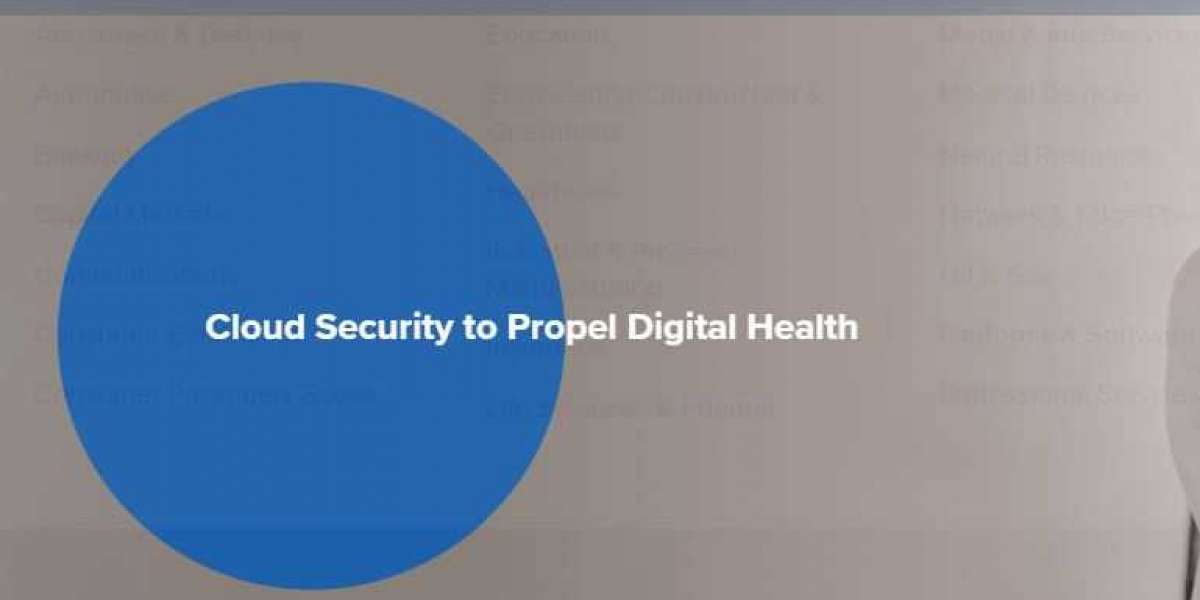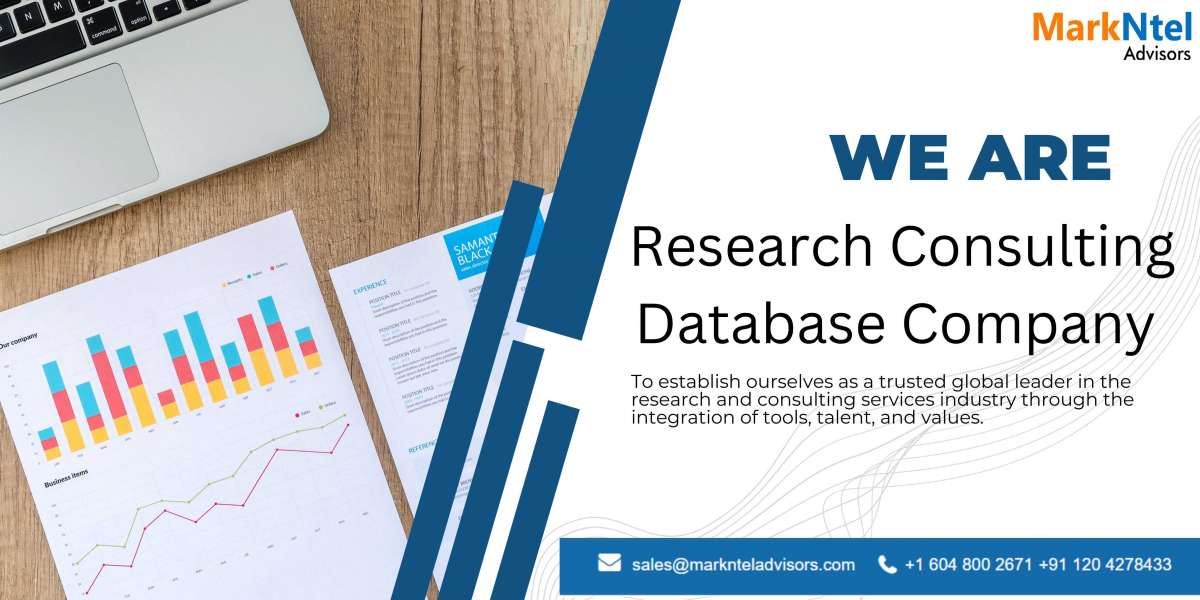1. Establish Clear Goals and Expectations
The foundation of successful agency project management lies in defining clear objectives. Before diving into tasks, agency teams must align with clients on deliverables, timelines, and budgets.
Steps to Define Goals:
Scope Document: Outline deliverables, project timelines, and budgetary constraints.
Stakeholder Meetings: Regular check-ins ensure alignment across all parties.
Risk Assessment: Identify potential challenges and create mitigation strategies.
Stat Insight: Projects with clearly defined goals are 2.5 times more likely to succeed, according to PMI (Project Management Institute).
2. Use a Centralised Project Management Tool
One of the best ways to keep a project on track is by using software tailored to agency workflows.
Popular Tools Include:
Trello or Asana: Ideal for task tracking and collaboration.
Monday.com: Supports project timelines and resource allocation.
TeamGantt: Perfect for creating visual timelines.
Benefits of Centralised Tools:
Enhanced communication within teams.
Real-time updates on project progress.
Seamless tracking of budgets and deadlines.
Table: Top Features of Project Management Tools
Feature | Benefit |
Time Tracking | Ensures projects stay within allocated hours. |
Budget Monitoring | Prevents overspending by tracking costs. |
Collaboration Features | Improves communication among team members. |
Reporting and Analytics | Provides insights into project performance. |
3. Optimise Resource Allocation
Efficient resource allocation is a cornerstone of on-time and on-budget delivery. This includes not only financial resources but also human capital and tools.
Tips for Effective Allocation:
Skills Assessment: Match tasks to team members with the right expertise.
Prioritisation Frameworks: Focus on high-impact tasks first.
Flexible Planning: Build contingency plans for unexpected challenges.
Example: Agencies specialising in property management in Essex often allocate specific teams for tenant management, property repairs, and inspections to ensure seamless service delivery.
4. Conduct Regular Progress Reviews
Regular reviews are critical to maintaining momentum and addressing potential delays or budget overruns.
Key Review Activities:
Weekly Status Meetings: Track milestones and identify roadblocks.
Budget Audits: Monitor expenses against initial forecasts.
Client Updates: Share progress transparently to manage expectations.
Stat Insight: Agencies that hold weekly project reviews reduce the risk of budget overruns by 30%.
5. Address Communication Gaps
Clear communication among team members, stakeholders, and clients ensures that everyone stays informed and engaged.
Best Practices:
Daily Stand-Ups: Brief check-ins to discuss priorities and challenges.
Shared Dashboards: Tools like Trello or Slack provide real-time updates.
Feedback Loops: Encourage ongoing input to refine project strategies.
Case Study: A real estate agency specialising in bespoke property solutions improved project delivery by implementing weekly client feedback sessions, reducing revision cycles by 40%.
6. Manage Risks Proactively
Risk management is vital in agency projects. Anticipating issues like resource shortages or unexpected costs helps prevent delays.
Common Risks and Mitigation:
Scope Creep: Use strict change management protocols.
Budget Constraints: Track expenses closely through centralised tools.
Team Turnover: Cross-train employees to cover potential gaps.
Tip: Agencies providing property maintenance in Essex often create buffer timelines to accommodate unforeseen repairs or tenant disputes.
7. Leverage Data and Insights
Data-driven decision-making can significantly enhance project outcomes. Metrics like resource utilisation, task completion rates, and budget variance provide actionable insights.
Analytical Tools:
Google Analytics: Tracks campaign performance.
Power BI: Analyses budget usage.
Project Management Dashboards: Monitors key performance indicators.
Real-World Example: An agency managing commercial property projects used predictive analytics to forecast repair costs, resulting in a 20% cost saving.
8. Foster a Culture of Accountability
Encouraging ownership within teams helps ensure tasks are completed on time.
Strategies:
Task Ownership: Assign clear roles for every project deliverable.
Performance Incentives: Reward on-time task completion.
Transparent Reporting: Use dashboards to track individual contributions.
Stat Insight: Teams with a strong culture of accountability deliver 87% of their projects on schedule, according to Deloitte.
Conclusion
Delivering projects on time and within budget is a hallmark of successful agency project management. By leveraging the right tools, fostering communication, and managing resources effectively, agencies can navigate challenges with confidence.
From tenant management experts to property inspection services, tailored solutions drive better outcomes in specialised fields like property management. Agencies that integrate data insights, risk management, and a culture of accountability are better positioned to deliver outstanding results.
For your next agency project, prioritise clear goals, effective tools, and proactive reviews to stay on track and on budget.







